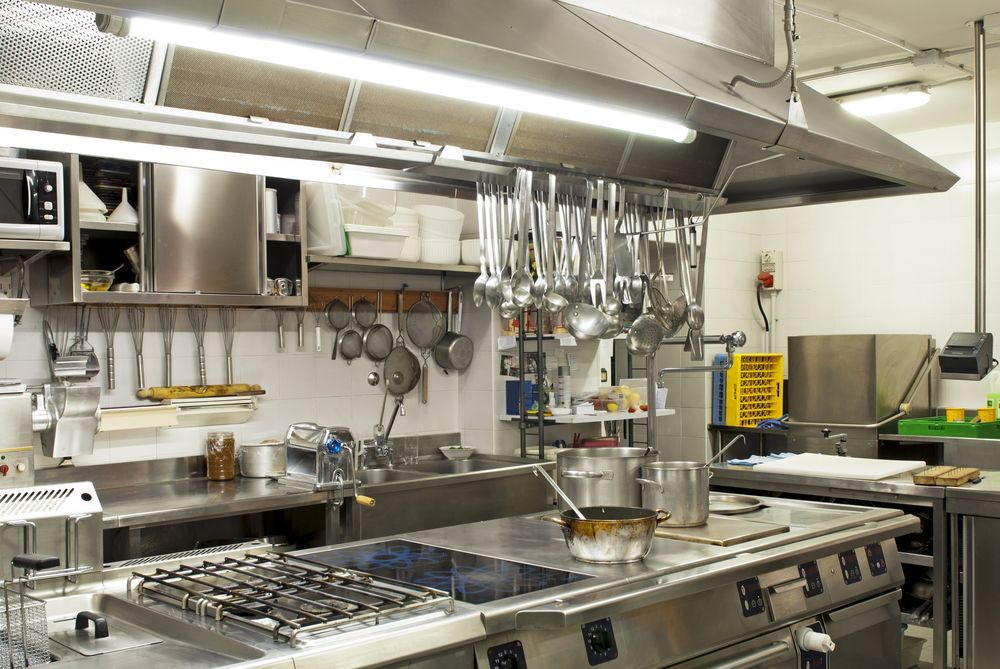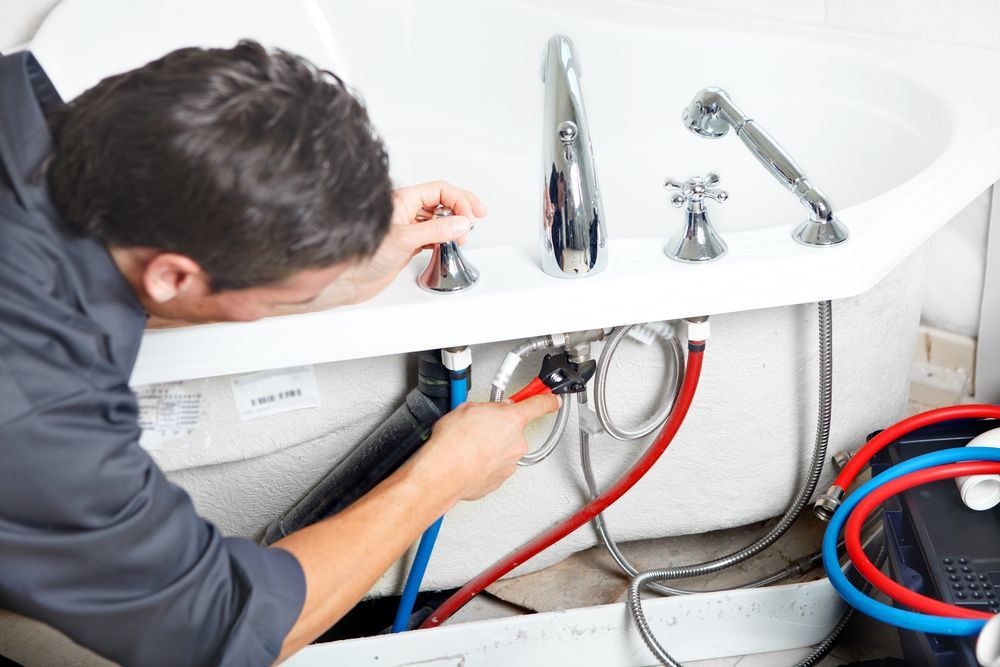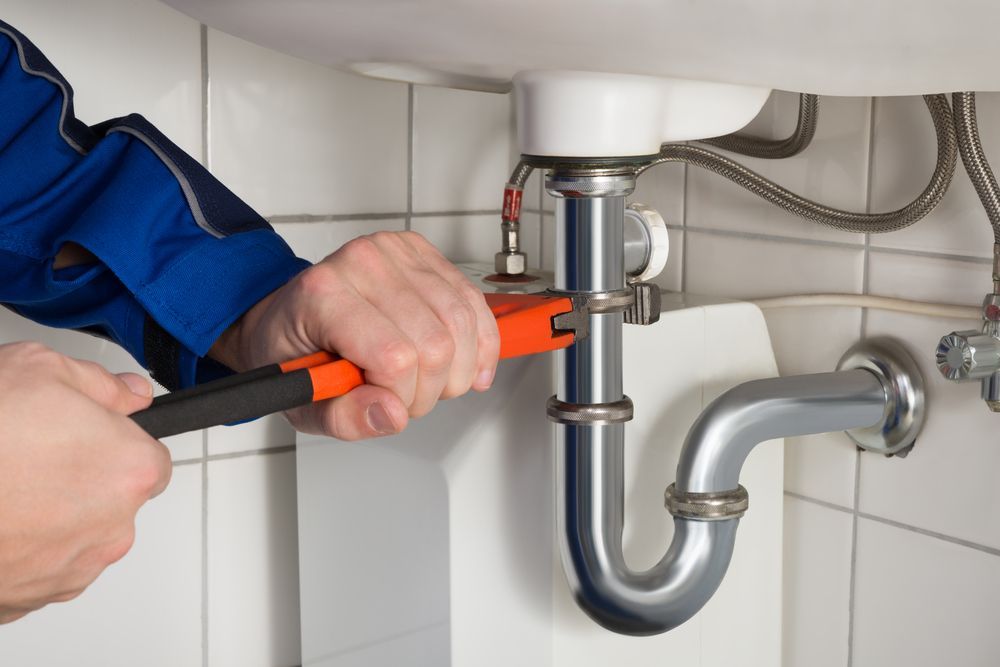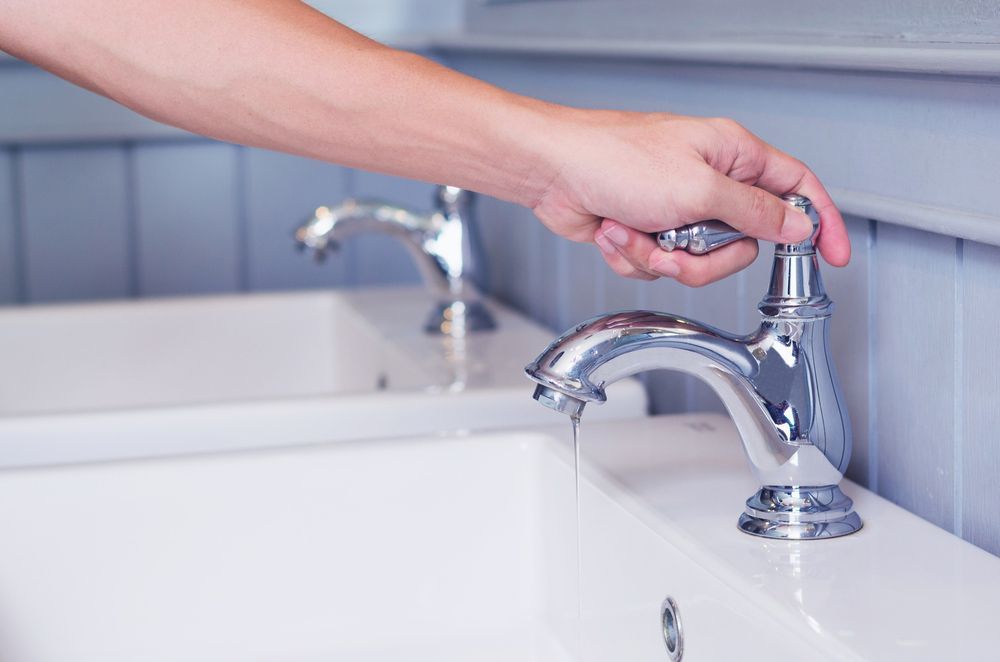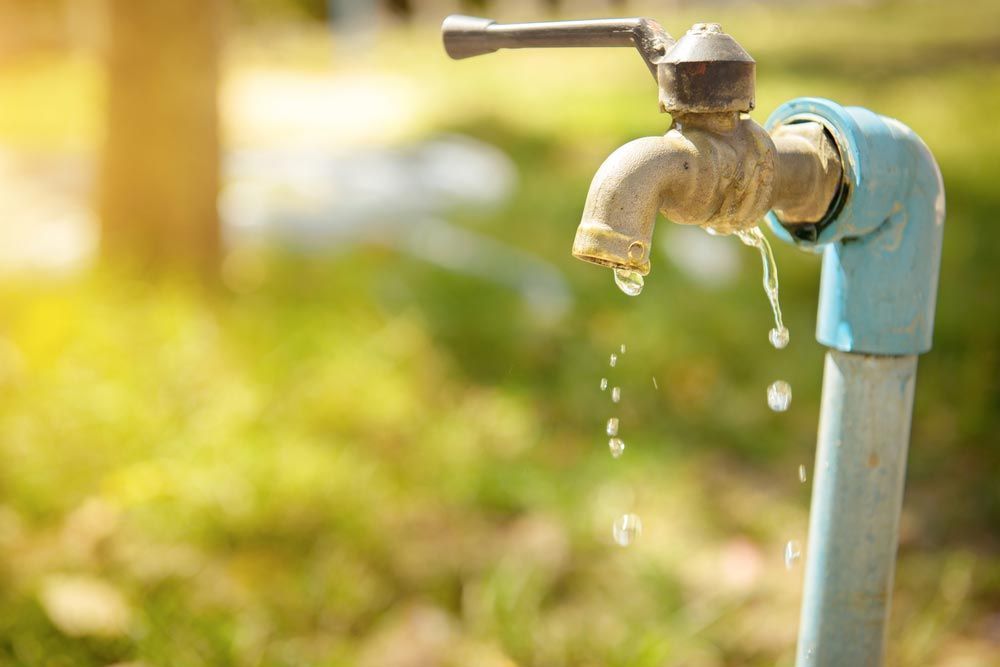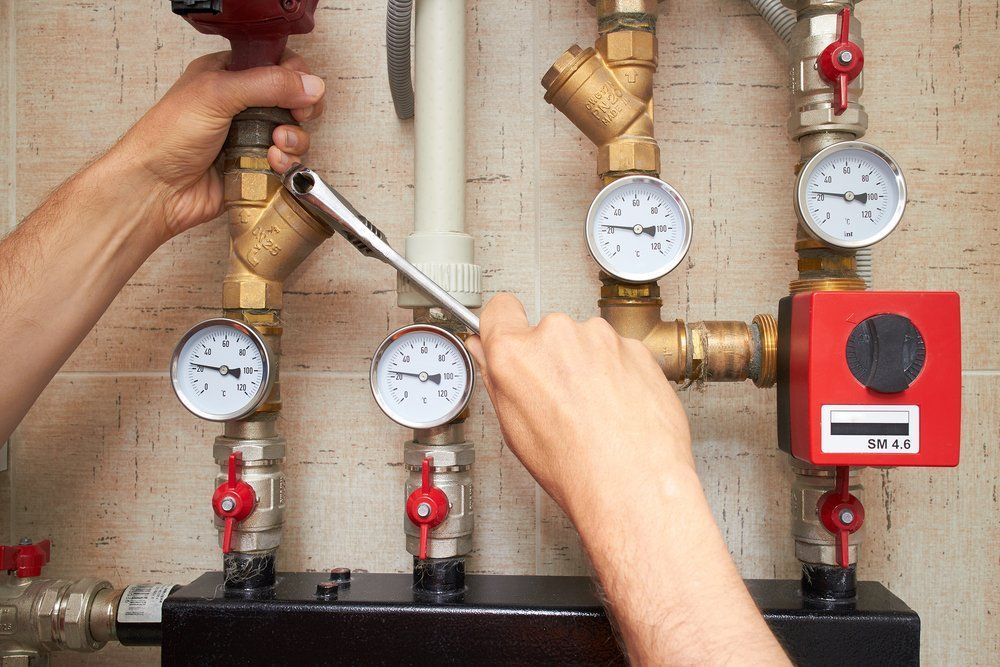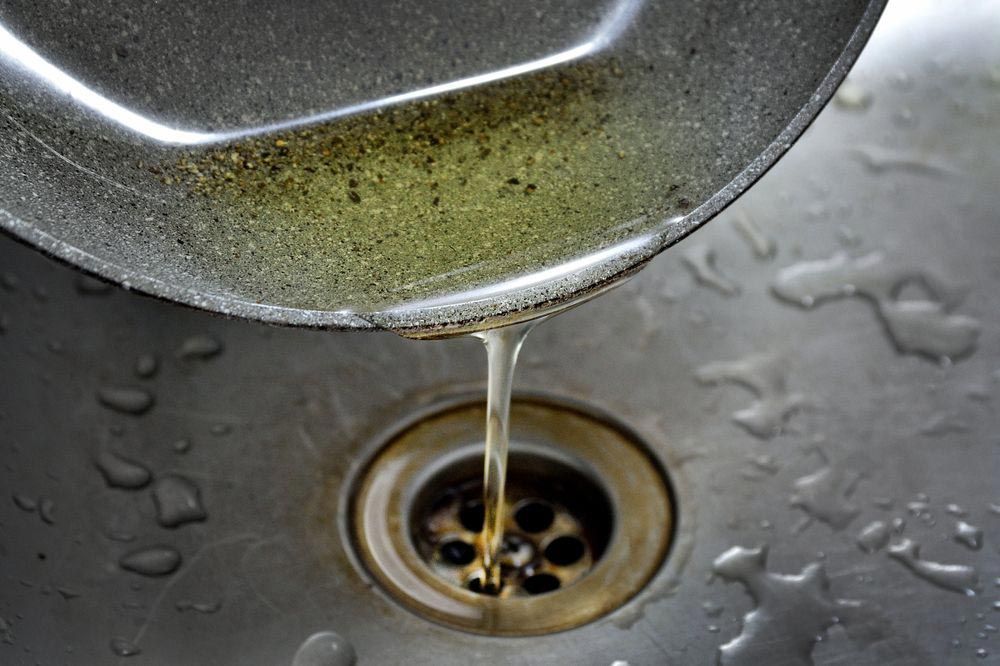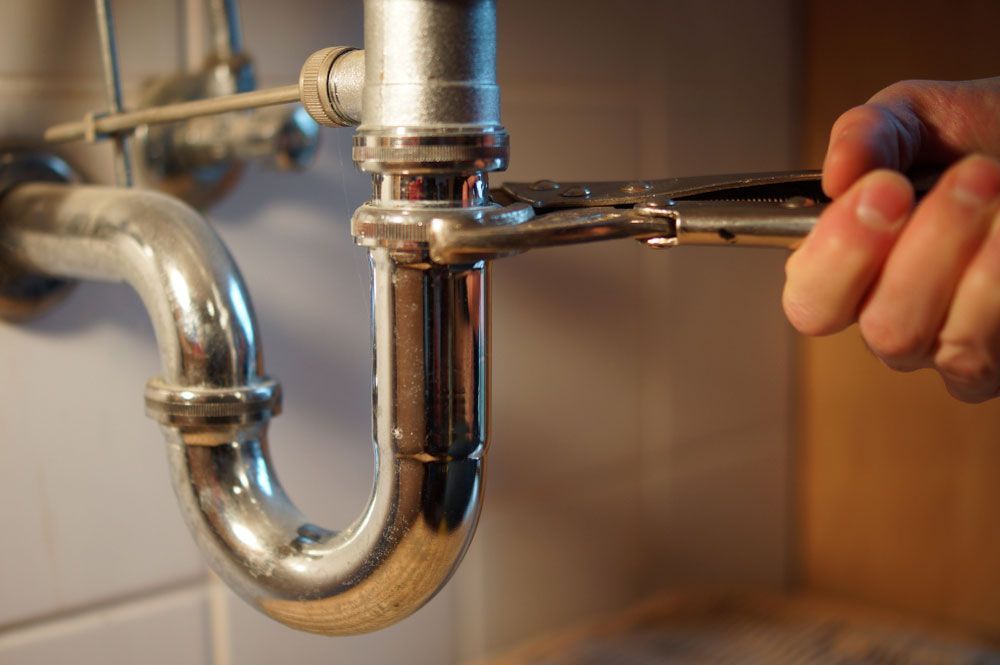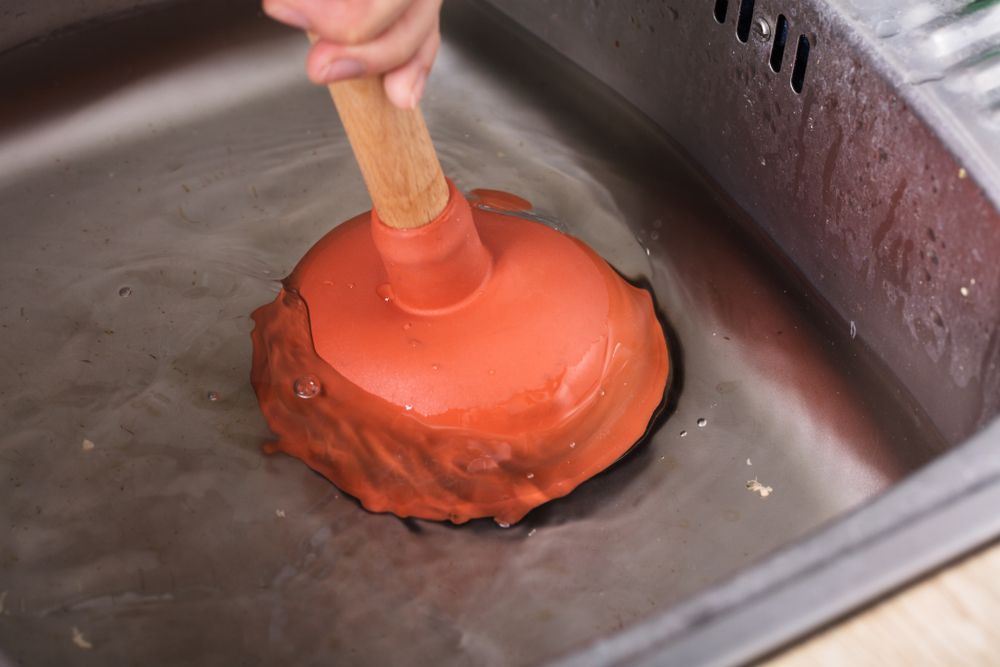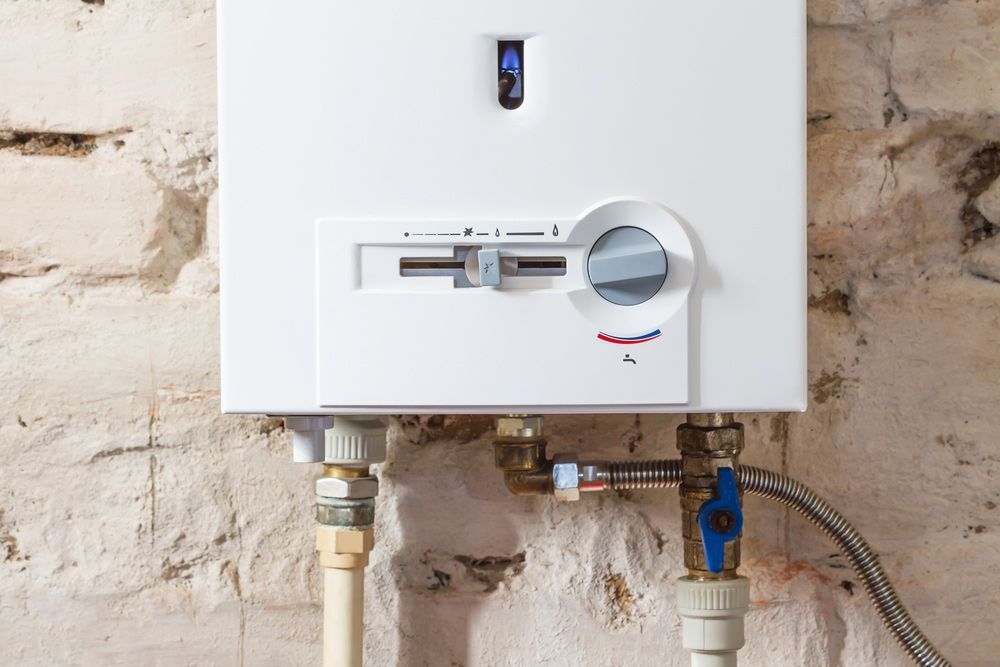How To Detect And Respond To Gas Leaks
Have you ever walked into your home to catch a whiff of something odd, almost like rotten eggs? That unsettling scent could be more than just an unpleasant odour. It might signal a gas leak. Gas leaks are hazardous to your health and can pose a severe risk to your safety if not handled promptly and effectively. Understanding how to detect and respond to these leaks is important. Here’s a comprehensive guide on how to detect gas leaks and the appropriate responses to ensure safety.
Recognising The Signs Of A Gas Leak
The first step in gas leak prevention is recognising the signs. Natural gas is colourless and odourless in its original state, so utility companies add a distinctive sulphur-like smell (similar to rotten eggs) to alert people of potential leaks. Besides the smell, here are some other signs that you might have a gas leak:
- Hissing Sounds: Listen for any unusual hissing or whistling sounds near gas lines.
- Visible Damage: Look for visible signs of damage to gas pipes or connections.
- Dead Vegetation: If plants that were once healthy suddenly die or discolour without a clear reason, it could be due to escaping gas.
- Bubbles Outside: After rain or watering your garden, check for bubbles in standing water, which can indicate gas escaping from a buried pipe.
How To Respond To A Gas Leak
If you suspect a gas leak, taking immediate action is important for the safety of everyone in the area. Here’s what to consider:
- Do Not Ignite Anything: Avoid using matches, lighters, electrical switches or any appliance that could spark. Ignition of the gas is one of the primary risks of a gas leak.
- Evacuate the Area: Ensure everyone in the household leaves the area immediately. Do not use your phone or switch off lights until you are safely outside and away from the gas odour.
- Shut Off the Gas Supply: If it’s safe, turn off the gas meter. This can help prevent more gas from leaking into your home.
- Call for Help: Once you are at a safe distance, contact your gas company’s emergency hotline or local fire department. Use your mobile phone or a neighbour’s phone outside the contaminated area.
Preventative Measures To Avoid Gas Leaks
To prevent gas leaks, ensure regular inspections and maintenance of your home’s gas lines and appliances by qualified professionals. Use gas appliances according to the manufacturer’s instructions to avoid wear and tear. Installing gas detectors can provide early warnings while educating all household members on how to recognise and respond to gas leaks, which increases safety.
Additionally, exercise caution during any digging or renovation projects around your property to avoid damaging underground gas lines. These measures can help reduce the risk of gas leaks, safeguarding your home and its occupants.
Ensure Your Safety: Contact Our Expert Gas Fitters Today!
Detecting and responding to gas leaks promptly ensures the safety of your home and community. By being aware of the signs and knowing the immediate steps to take, you can protect yourself and your loved ones from potential dangers. At Nudge’s Plumbing, we understand the importance of home safety and the critical role that professional gas fitting services play in maintaining it. Our services include installation of the gas system, repair and breakdowns of gas lines, and ensuring that your systems are up to code and safe from potential hazards. Whether you’re installing new gas appliances, need routine maintenance checks or are looking for a gas fitter in Dubbo, contact us today.
Site Links
Locations We Service
Plumbing Services
Contacts
T. 02 6885 6657
ABN: 17 135 690 685
NSW Fair Trading 223047C
Trading Hours
- Monday
- -
- Tuesday
- -
- Wednesday
- -
- Thursday
- -
- Friday
- -
- Saturday
- Closed
- Sunday
- Closed

